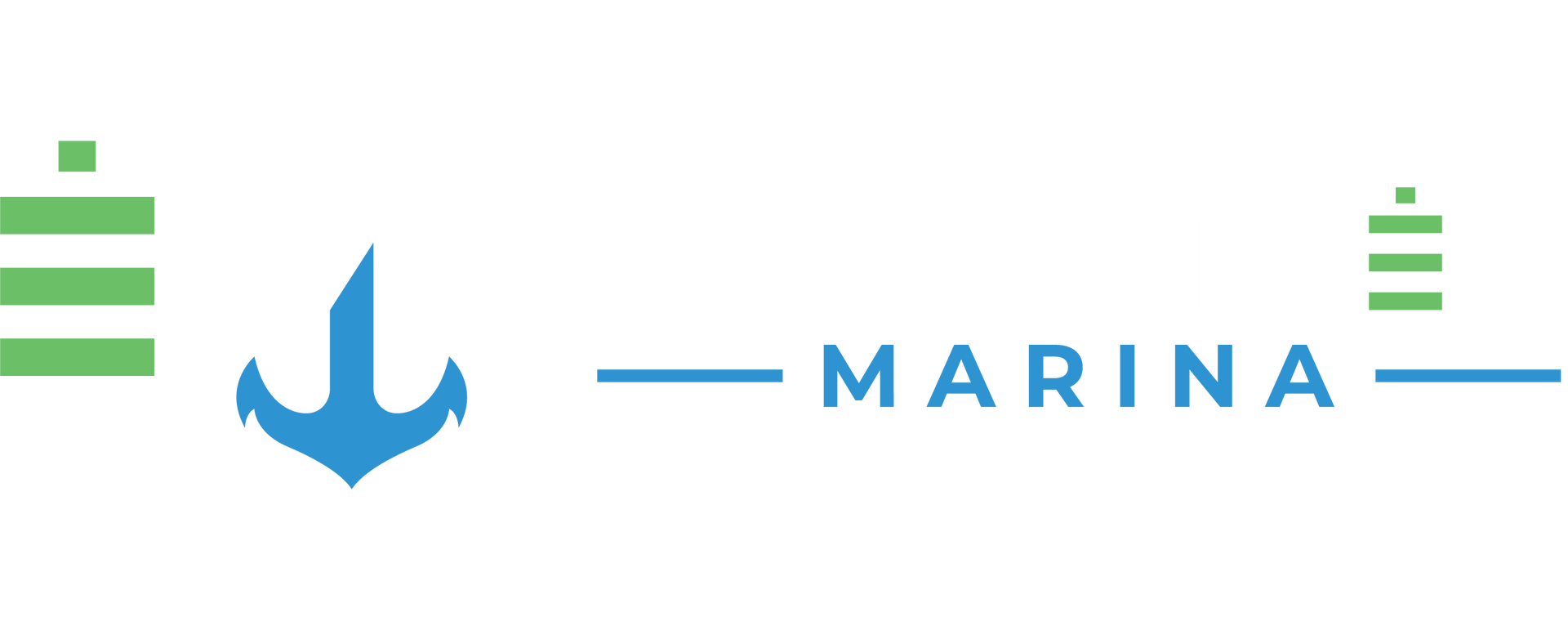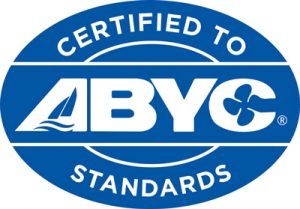Electric Motor vs Gas Engine Boats
When it comes to comparing gas vs electric we always say right tool for the right job. Both have their strengths, and the right choice depends on what kind of experience you want on the water.
Electric Boat Pros
Eco-Friendly:
- Electric boats produce no harmful exhaust or pollutants while underway, making them a cleaner option for the water and air we all enjoy.
Quiet Operation:
- Electric motors are much quieter, offering a peaceful and more serene boating experience. No more feeling drained after a boat day.
Lower Operating Costs:
- Electricity is generally cheaper than gas, and maintenance is less expensive since electric motors have fewer moving parts.
Smooth and Efficient Ride:
- Electric motors provide instant torque, making for smooth acceleration and a more exhilarating experience.
Fuel Availability:
- Unlike gasoline, electricity is readily available at most docks and marinas. No need to take a trip to the gas pump or hauling cans to your dock.
Restricted Waterways:
- Many waterways have a 10 hp or no gas restriction, making an electric boat the perfect option.
Electric boat Cons
Electric Boat Cons
Limited Range
- Electric boats excel at relaxed cruising, sunset rides, and beach days. But for extended offshore runs, range limitations mean more planning — and they’re not the best fit for marathon trips.
Charging Time
- Recharging can take several hours or overnight, depending on your setup. If you're out all day and want to get started before the sun comes up, you might want to reconsider electric for now.
Higher Upfront Cost
- It's true that over time you'll spend less on an electric boat because the cost of maintenance, repairs and refueling is drastically lower. However, the newer battery technology means a higher initial purchase price. If you are boating on a budget, electric may not make sense quite yet.
Fewer Models on the Market
- While options are still growing compared to gas boats, innovation in the electric boating industry is moving quickly, with new designs and capabilities emerging each season.
Charging Access
- Not everyone has immediate access to shore power. Some marinas do not have their infrastructure well-maintained, so getting power to your dock could be cost-prohibitive.
Top Speed
- The torque will get you to top speeds quickly, but the speed demons out there will be underwhelmed by the 30-60 knots to speed of most electric boats.
Gas Boat Pros
Greater Range and Fuel Flexibility:
- Gas-powered boats can travel longer distances without needing to refuel, and refueling is straightforward at most marinas.
Faster Refueling:
- Unless you are waiting in a line on labor day weekend, gas boats can be refueled within minutes at most marinas or gas stations.
Lower Initial Cost:
- Gas-powered boats typically have a lower purchase price compared to electric boats
Wider Selection:
- There is a broader variety of gas boats available, from small runabouts to large yachts
Performance and Speed:
- Gas-powered engines tend to provide higher speeds and more power, especially for activities like watersports or offshore trips.
Gas boat Cons
Environmental Impact:
- Gas boats emit CO2 and other pollutants into the air and water, contributing to environmental damage.
Higher Operating Costs:
- Gas and oil are more expensive than electricity, and maintenance costs can add up with regular engine upkeep, oil changes, and repairs.
Noise and Vibration:
- Gas engines can be loud and create vibrations that can disrupt the calm experience on the water.
Maintenance Needs:
- Gas engines require more regular maintenance, including oil changes, fuel system upkeep, and exhaust repairs.
Less Energy Efficiency:
- Gas engines are generally less energy-efficient than electric motors, converting less fuel into actual propulsion.
Interested in experiencing the power of silence?
Click the button below to schedule a sea trial and see the deference for yourself


